Data-First Pet Healthcare: How FidoCure is Leveraging Big Data to Improve Canine Cancer Outcomes
In the fight against canine cancer, one of the most powerful tools at medicine’s disposal is data. Data can help describe genomes, uncover patterns in care and outcomes, and map effective drug development methodologies. But historically, collecting and making sense of all this data has been an challenge, bottlenecking advancement. At the intersection of biotechnology, AI, and veterinary medicine, FidoCure is changing this paradigm, leveraging big data and advanced analytics to improve canine cancer treatment to transform our understanding and treatment of cancer in canine companions.


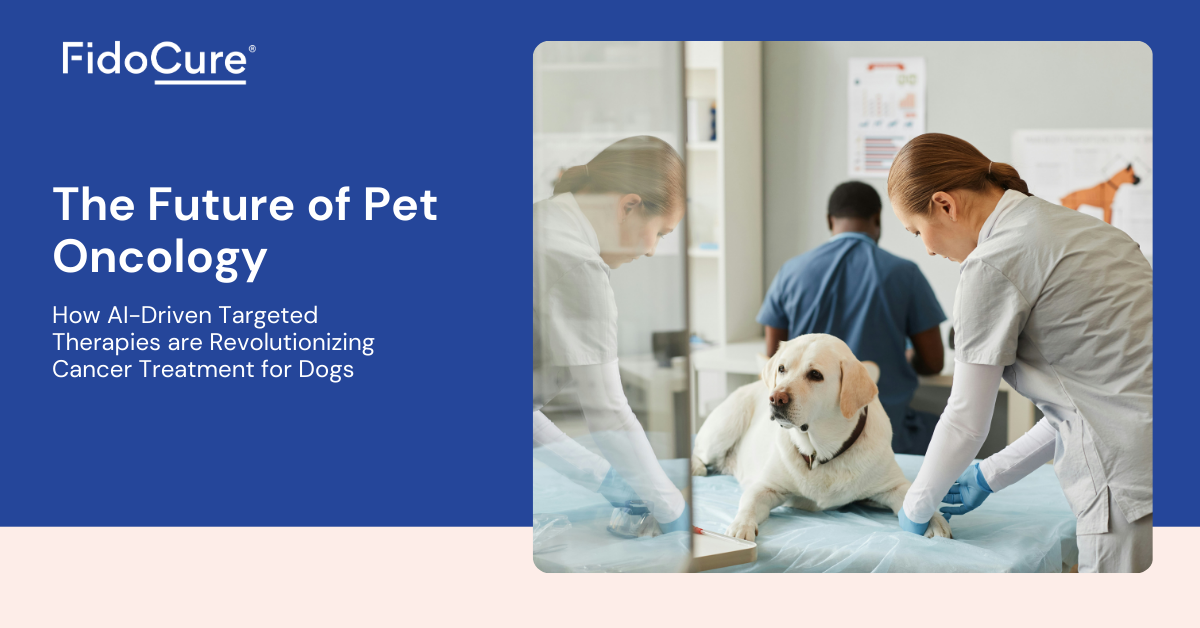
.png)
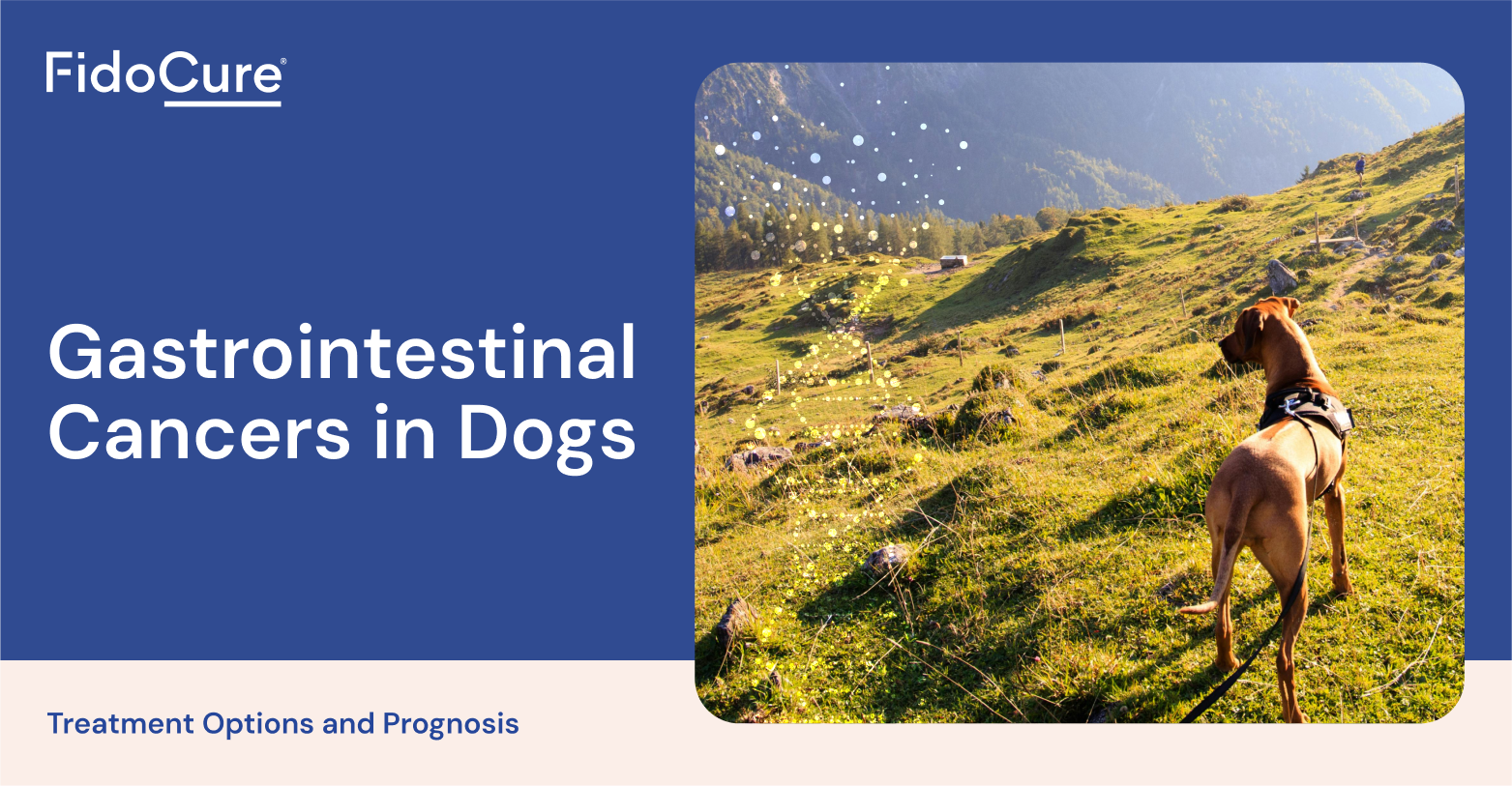
.png)
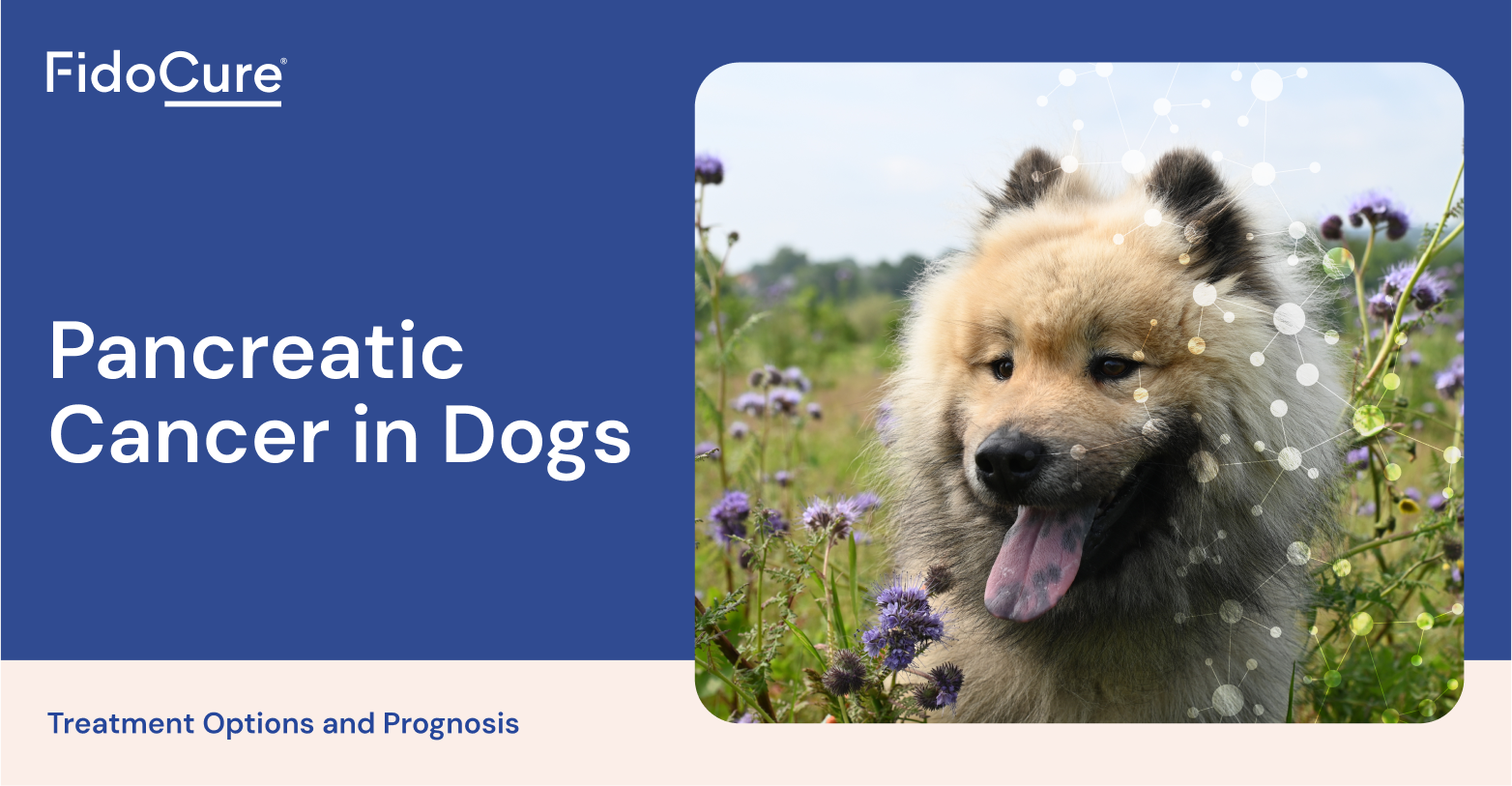
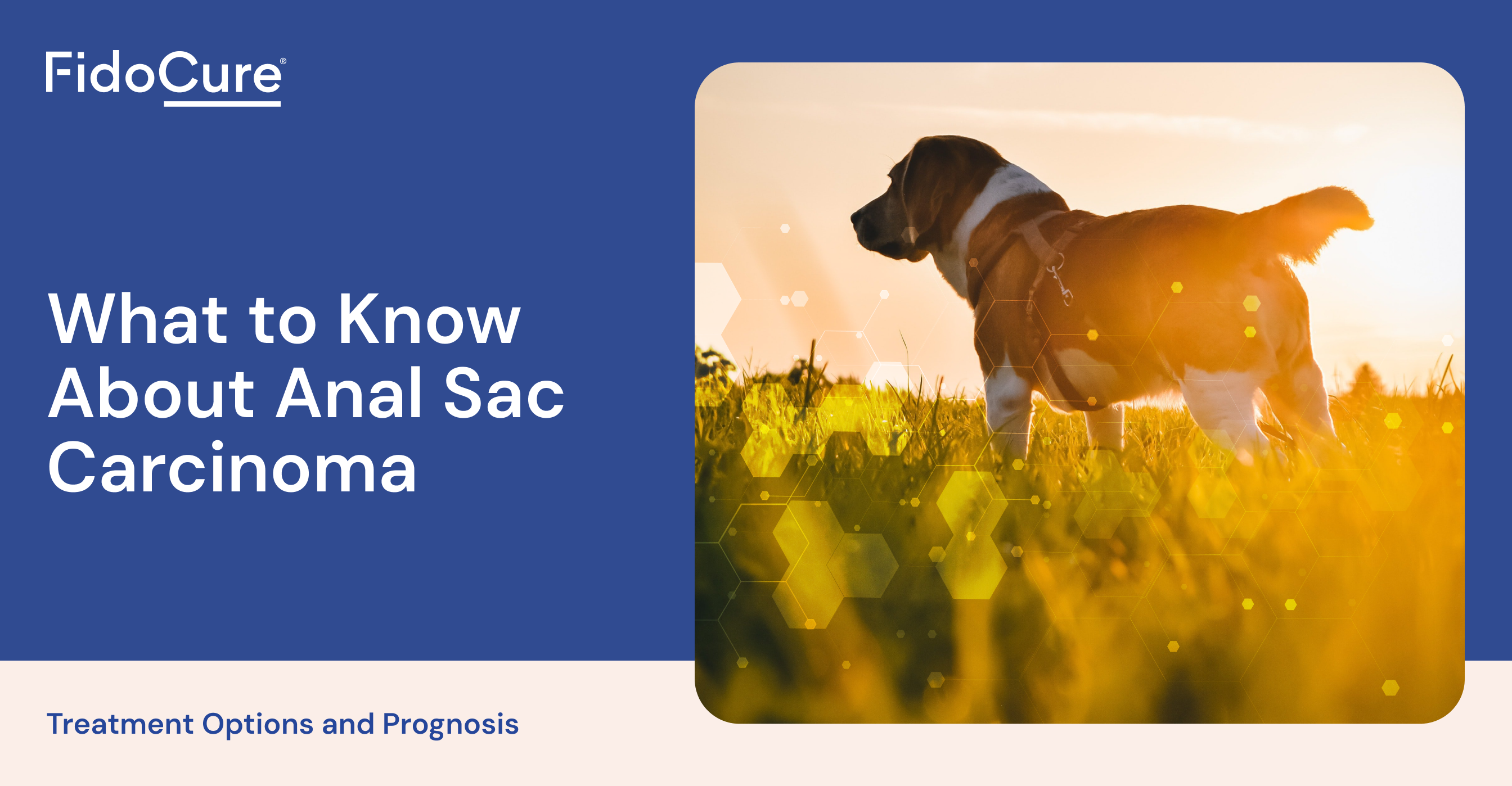
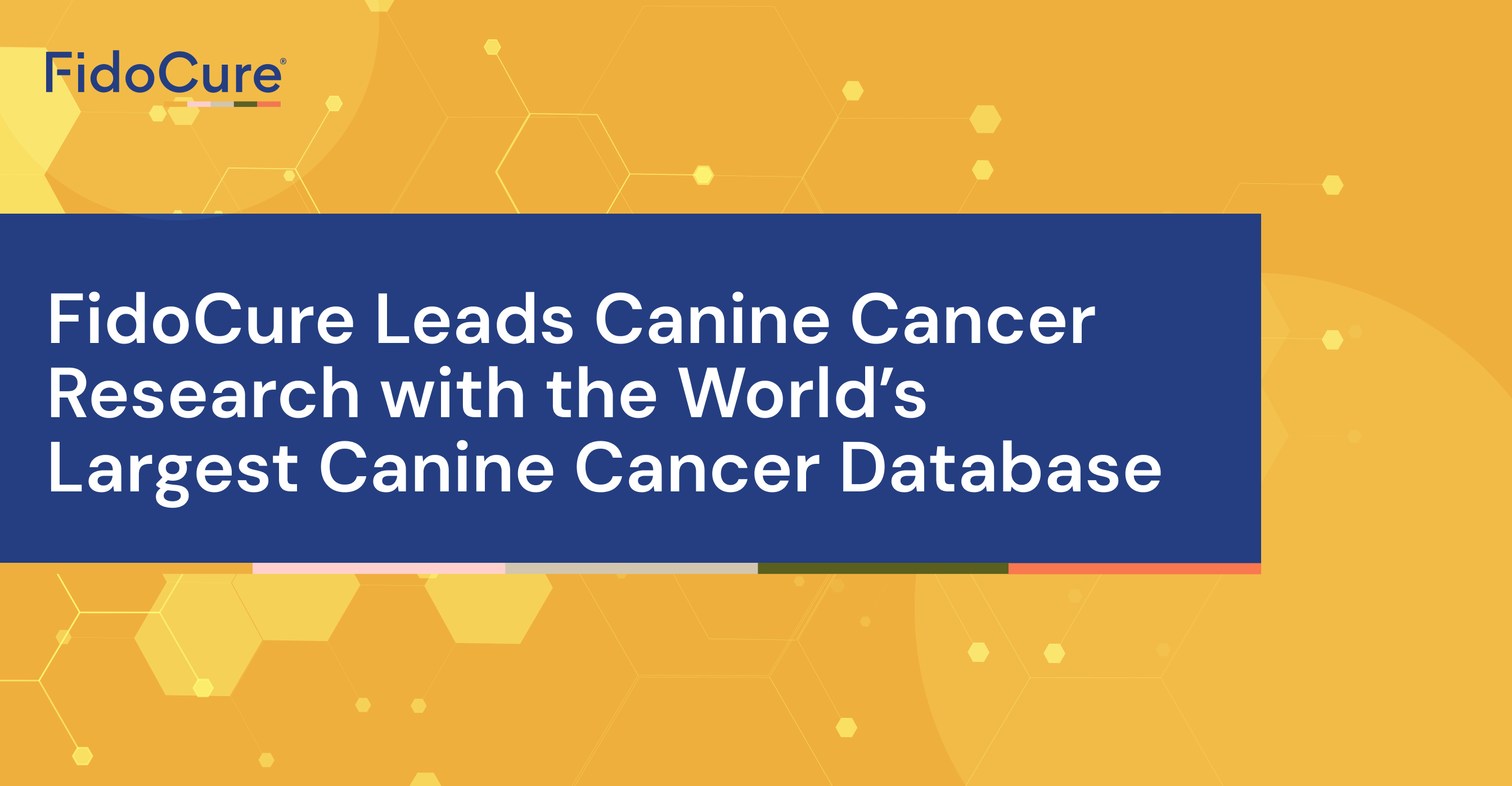
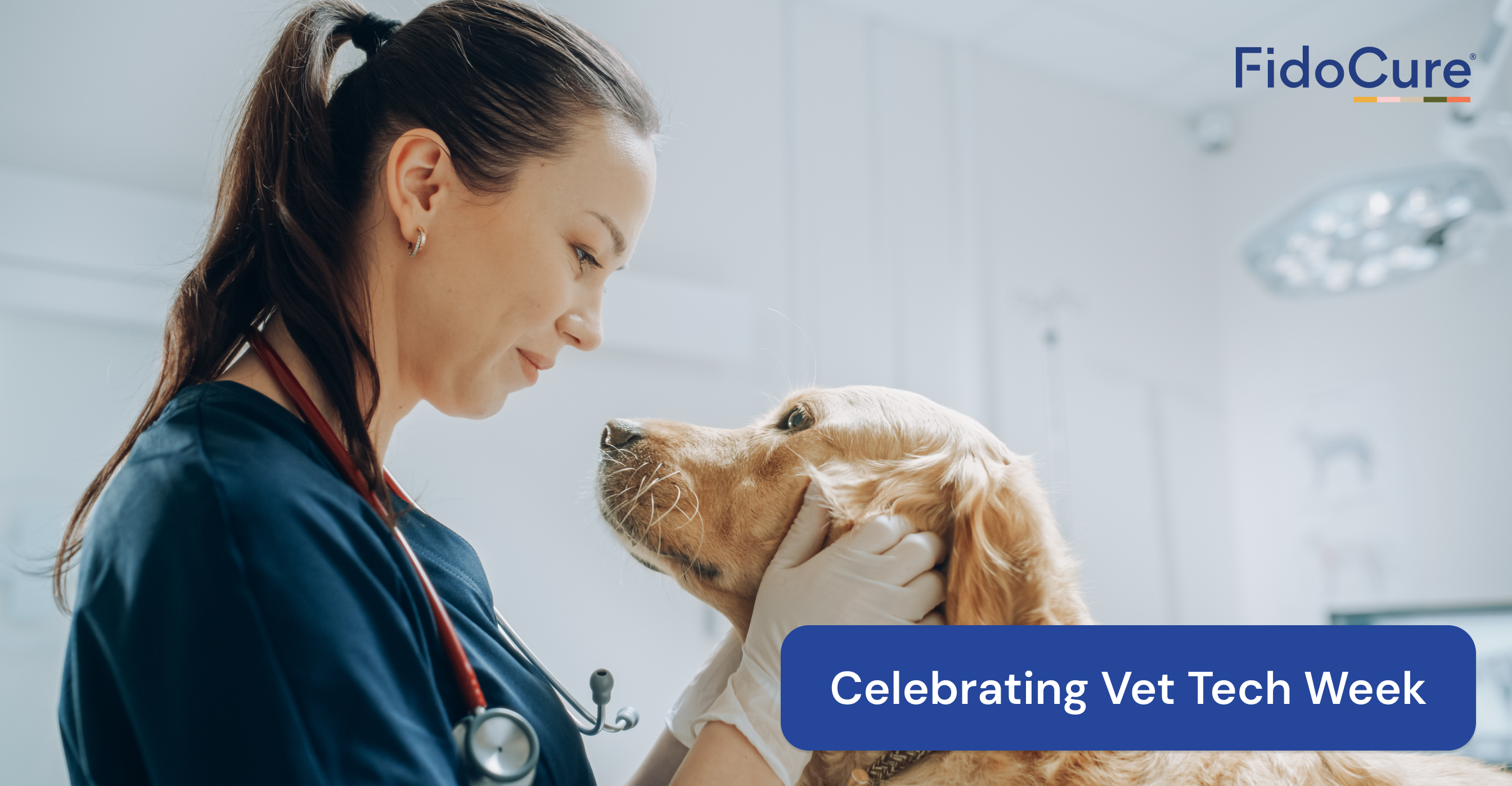
.png)